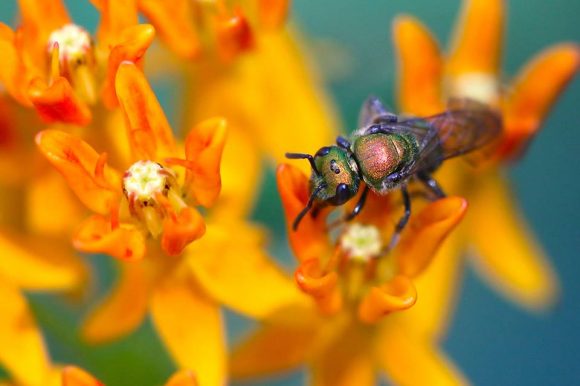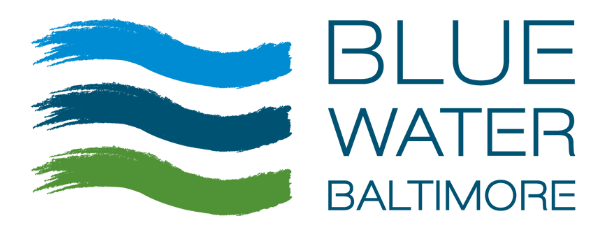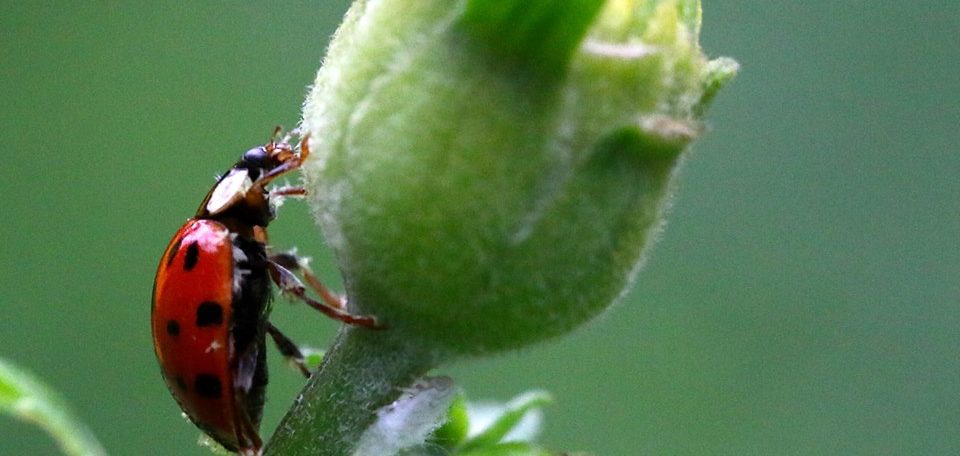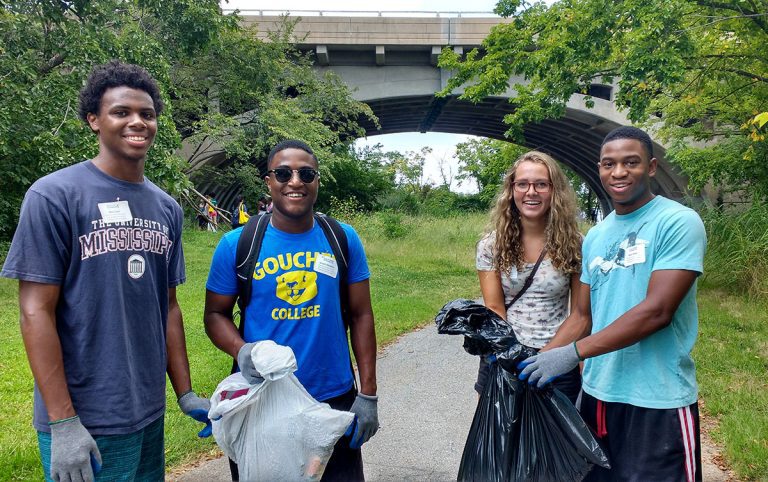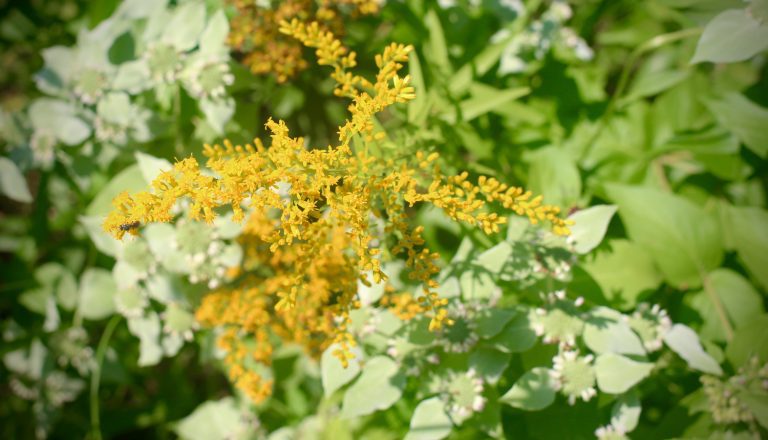Aphids and Native Plants
This time of year you will probably notice Aphids clustered along stems and leaves in your garden. Many gardeners ask themselves what to do about Aphids. Our answer is simple:
If you want your garden to support the ecosystem, leave the Aphids alone.
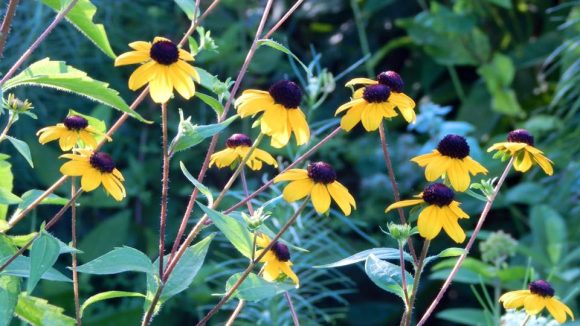
Aphids do not damage Native plants, especially if the plants are not water stressed. Aphids are a crucial part of the food web. Beneficial insects such as ladybugs, hover-flies and green lacewings, specialize in eating aphids. Many insects that eat Aphids help pollinate the dwindling native plant population, or are essential food sources for native birds. In a garden full of diversity and native plants, the Aphid’s natural predators will manage the population without the gardener’s help.
We have come to expect “perfection” in our gardens– plants of florescent artificiality, neatly tucked into thick blankets of dyed mulch. Gardeners run for pesticides at the first sign of insect. Gardeners plant pest-resistant ornamental plants, without realizing that they are creating sterile spaces designed to reject wildlife. In the book Bringing Nature Home, Doug Tallamy writes “Ironically, a sterile garden is one teetering on the brink of destruction.”
At Herring Run Nursery we believe that gardens serve a purpose beyond looking beautiful.
As Doug Tallamy says “A plant that has fed nothing has not done its job.” Thousands of species rely on plants for food (including Aphids) and each insect plays a role in the complex web of our ecosystem. By choosing plant species specifically for their value to insects, instead of insect-resistance, you are not only proving a habitat for wildlife, you are strengthening the natural system of pest control that gardeners look for in a bottle of pesticides.
